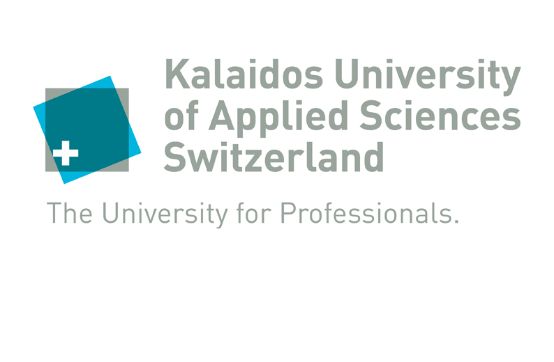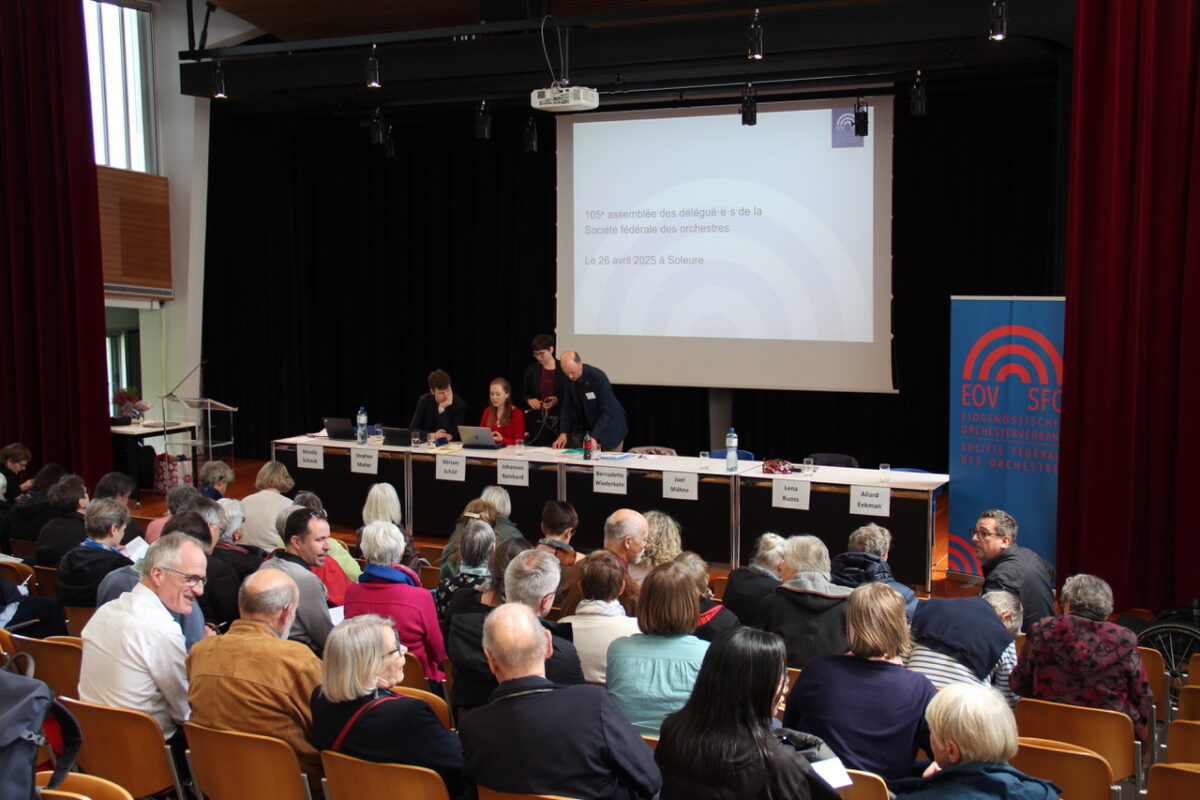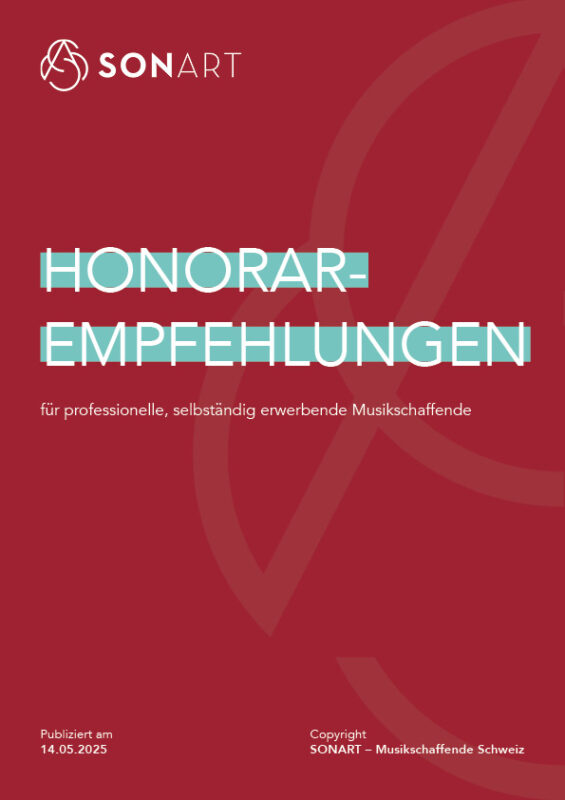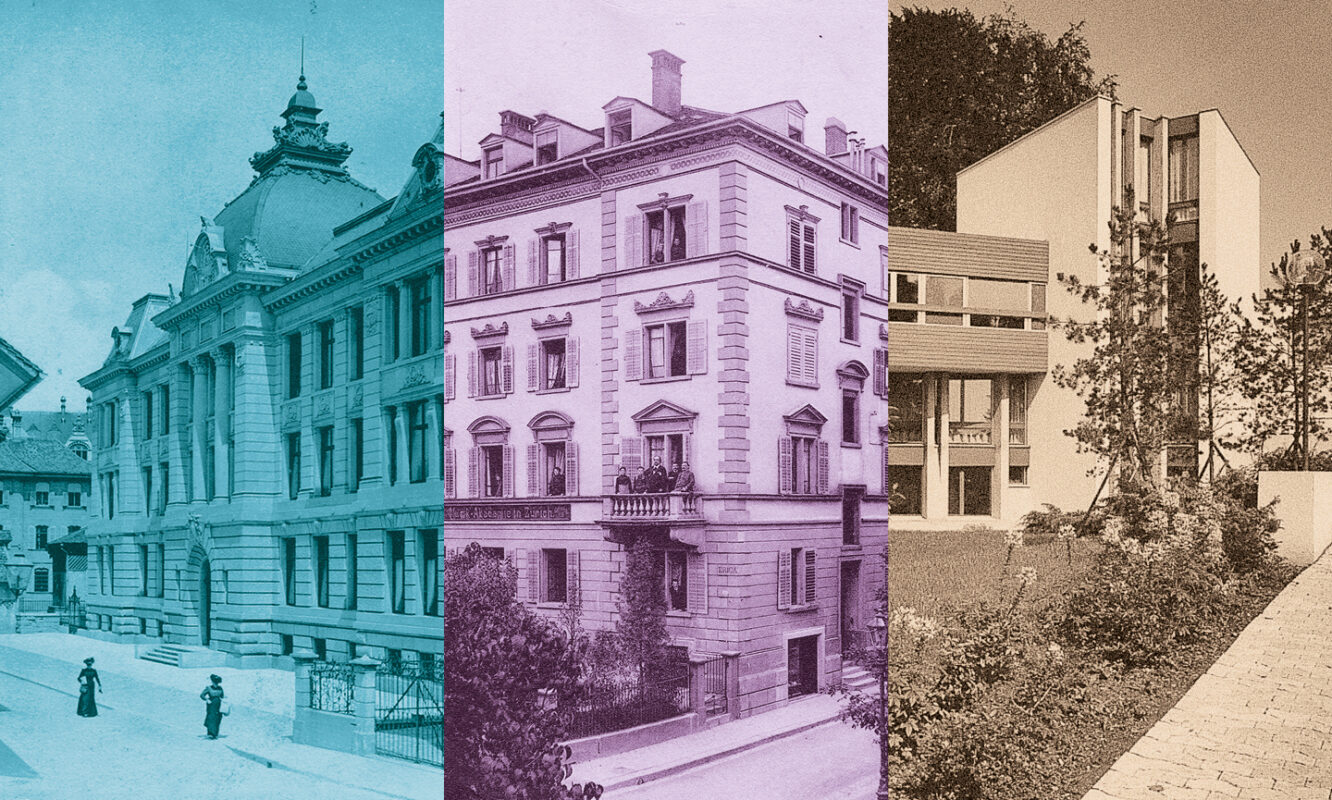The Don Juan frenzy
Russian pianists - gendering not necessary - and the paraphrases on Mozart operas by Liszt

Frank-Thomas Mitschke - Franz Liszt's Réminiscences de Don Juan have always been virtuoso fodder of the purest kind - or rather champagne - as has his lesser-known Fantasia on The Marriage of Figaro, completed by Busoni. A brief comparison of interpretations among pianists of the Russian School reveals different approaches. It is surprising how few pianists of this provenance have tackled these two works.
The young Nikolai Demidenko, trained by Anna Kantor at the Gnessin Institute and Dmitri Bashkirov at the Moscow Conservatory, plays Don Juan to the hilt. From the very first note, everything is geared towards the mad champagne frenzy of the final section, which he races through at hellish speed and without a dot or comma, as if his life depended on it. It is understandable that the undead Commendatore falls by the wayside, as does Zerlina, who is called upon to lend a hand - the bubbly champagne combined with the title hero's triumphant performance appeals more to a young pianist in his Sturm und Drang phase than whispers of love with a peasant woman.
Demidenko remains somewhat in the tradition of Simon Barere, trained by Anna Essipova and Felix Blumenfeld in St. Petersburg, who many years earlier raged through the champagnerized hellmouth of technical challenges in a similar disposition of the piece and cared comparatively little for finely chiselled musical design.
The great Grigori Ginsburg approaches the task differently. Without owing the final stretto the slightest hint of virtuosity, he finds the space and time to make music out of every technical trick, no matter how stereotypical. Alternating octaves shaken over the entire keyboard are never a noisy display of a pianist who wants to show that he has mastered the technique - even in such passages there is always a structure, a goal, a musical idea. And - the most unbelievable thing about the story surrounding this recording, but his former student and later professor at the Moscow Conservatory Gleb Axelrod confirmed this story to me in conversation: Ginsburg played through the entire piece without interruption in the recording studio and left the studio with the comment to the recording director "You can take it like this!" without listening to the recording again! Ginsburg was a student of Alexander Goldenweiser and one of the most versatile and best representatives of the so-called Russian School. He played Liszt and virtuoso transcriptions by Tausig or Grünfeld just as brilliantly and elegantly as Mozart or - very rarely heard from Russian pianists of the time - the 3 Preludes by Gershwin or chamber music together with the violinist Leonid Kogan.
Vladimir Selivokhin should be mentioned, who of all those mentioned definitely brings the most pedal-poor version to the turntable - which is by no means to be equated with dryness! Cleverly constructed and with a very differentiated touch, the duet Don Juan/Zerlina wonderfully aligned and phrased to the vocal parts (here you realize: the pianist, trained by Lev Oborin, knows not only Liszt but also Mozart!), in the Stretta the threefold repetition of the Champagne theme increasing in tempo each time - an impressive interpretation! Unfortunately, he decided to play the Busoni version, which, unlike Liszt's original, repeatedly introduces stopping points in the final section, so that the great momentum - which the pianist can certainly develop - is slowed down a little at the end. Nevertheless: highly impressive!
The circle of Don Juan players (who are immortalized on LP) closes with Nikolai Petrov, who trained with Yakov Zak and who - already very interested in "virtuoso fodder" - owes nothing to the technical aspect of this pianist's test. Nowhere else does the Komtur have such stony power, the runs in thirds never sparkle more virtuosically, the full-bodied chord chains are never chiseled into the keyboard with more force than in this 1987 recording.
Of the younger generation, Nikolai Tokarev, who trained with Barbara Szczepanska, is musical, highly virtuosic and occasionally somewhat freer in tempo than the other performers. For example, he plays the third repetition of the champagne theme at breakneck speed, only to slow down the tempo considerably and, at the end, as if appearing out of nowhere, to spell out the chords rather than play them, reducing the tempo so much that all the momentum of the third part has evaporated and the whole Don Juan comes to a standstill like a car with engine trouble. All in all, an impressive recording, even if it is not entirely coherent in all places and, in my opinion, does not end well.
The other Mozart opera Liszt found worthy of a paraphrase is "The Marriage of Figaro". Not quite as full-bodied and powerful, somewhat more elegant, but nonetheless peppered with the same technical pitfalls that torment pianists, such as chord chains, runs in thirds, fast tempo overruns, etc.
Once again, it is Grigori Ginsburg with his unrivaled clarté, elegance and unprecedented technical skills who leads the field of performers - great pianism in every single bar! To play the final stretto with its jumping thirds and chords the way he does - in such a way that it doesn't sound like despair, but like a matter of course - that alone is a great achievement!
He is closely followed by Arnold Kaplan, who also comes from the Goldenweiser school. Exuding a touch less naturalness and elegance, but still highly impressive, he is almost only known to friends of old Melodiya records who are lucky enough to own an LP with his interpretation.
Emil Gilels played this work as a young man and left behind a recording of his version. If you don't know this recording, you don't know how Gilels played as a young pianist. He dashes through the infernal heaviness at a tempo that gives the impression that the piece is actually far too easy for him, perhaps a kind of warm-up exercise. At the end, Figaro seems to literally explode. It takes your breath away, but occasionally you wish there was a stronger reference to the original vocal score at one point or another, because in the frenzy - which is said to have caused the jury of the Tchaikovsky Competition to open their mouths in amazement - one or two interpretative points fall by the wayside.
Last but not least, Boris Bloch recorded this fantasia for DGG. Briskly, with a singing, round piano tone and not in the least lacking in virtuosity, he presents a recording far from any extreme, closely oriented to Mozart's original and with rousing verve. Unfortunately, he jumps straight into the last bars at the end and thus deprives us of the pleasure of the leaps in the opposite direction - but certainly not because he cannot play this passage.








